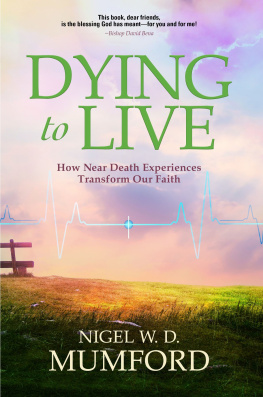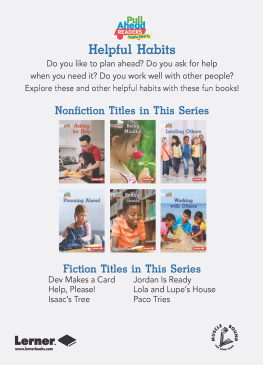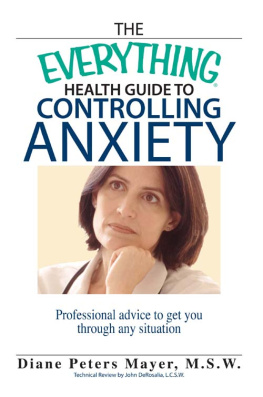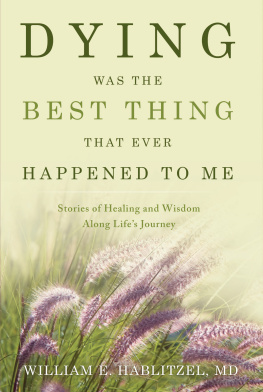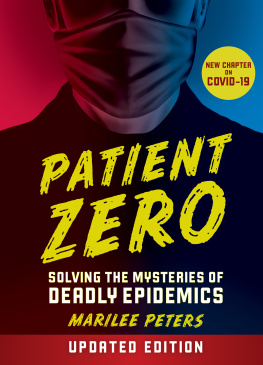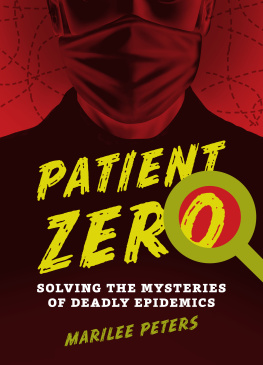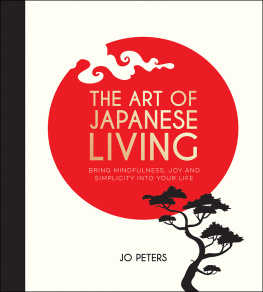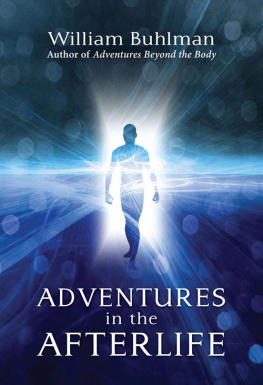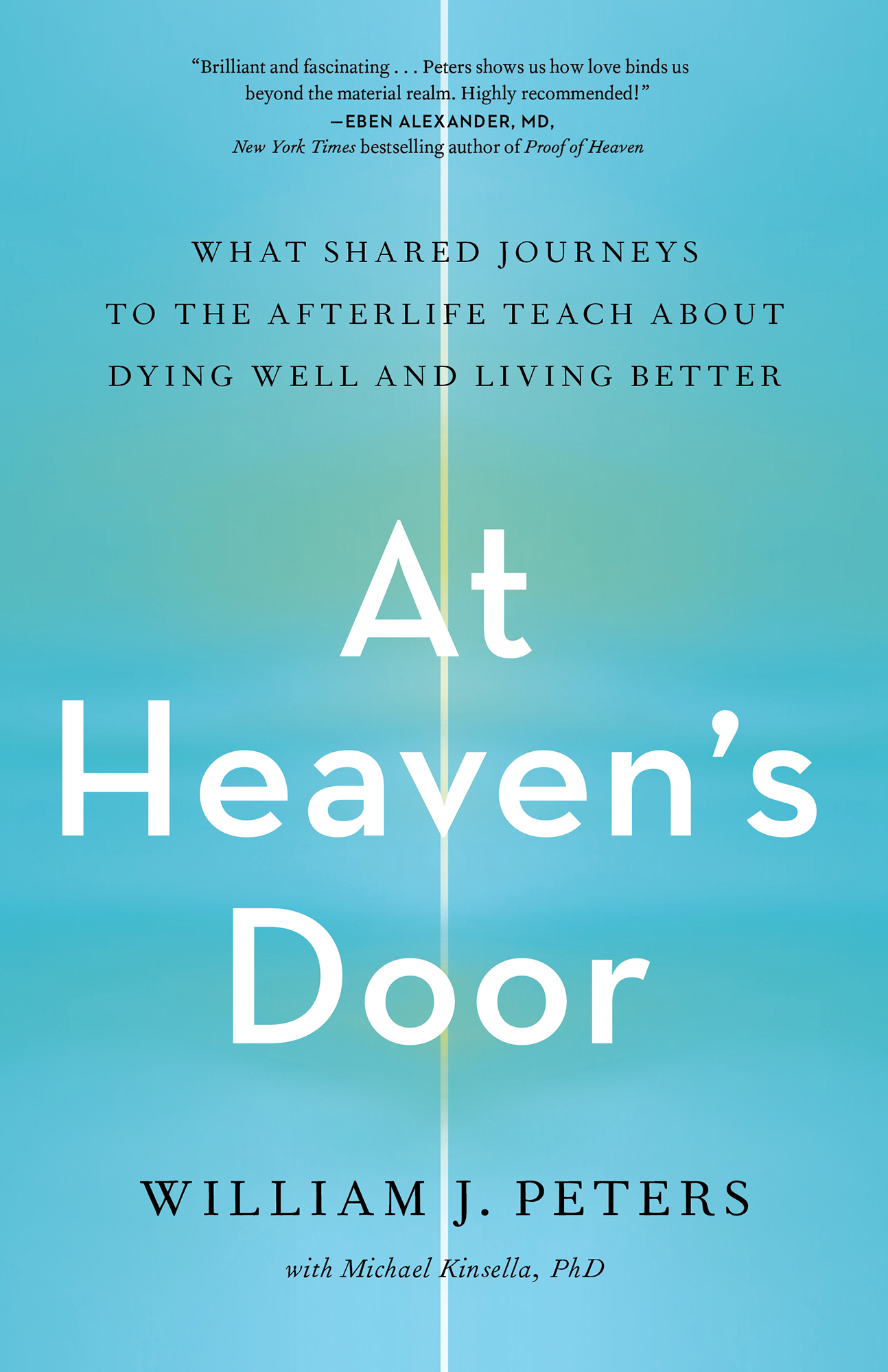William J. Peters - At Heavens Door: What Shared Journeys to the Afterlife Teach About Dying Well and Living Better
Here you can read online William J. Peters - At Heavens Door: What Shared Journeys to the Afterlife Teach About Dying Well and Living Better full text of the book (entire story) in english for free. Download pdf and epub, get meaning, cover and reviews about this ebook. year: 2022, publisher: Simon & Schuster, genre: Science fiction. Description of the work, (preface) as well as reviews are available. Best literature library LitArk.com created for fans of good reading and offers a wide selection of genres:
Romance novel
Science fiction
Adventure
Detective
Science
History
Home and family
Prose
Art
Politics
Computer
Non-fiction
Religion
Business
Children
Humor
Choose a favorite category and find really read worthwhile books. Enjoy immersion in the world of imagination, feel the emotions of the characters or learn something new for yourself, make an fascinating discovery.

- Book:At Heavens Door: What Shared Journeys to the Afterlife Teach About Dying Well and Living Better
- Author:
- Publisher:Simon & Schuster
- Genre:
- Year:2022
- Rating:4 / 5
- Favourites:Add to favourites
- Your mark:
At Heavens Door: What Shared Journeys to the Afterlife Teach About Dying Well and Living Better: summary, description and annotation
We offer to read an annotation, description, summary or preface (depends on what the author of the book "At Heavens Door: What Shared Journeys to the Afterlife Teach About Dying Well and Living Better" wrote himself). If you haven't found the necessary information about the book — write in the comments, we will try to find it.
In 2000, end-of-life therapist William Peters was volunteering at the Zen Hospice Project in San Francisco when he had an extraordinary experience as he was reading aloud to a patient: he suddenly felt himself floating in midair, completely out of his body. The patient, who was also aloft, looked at him and smiled. The next moment, Peters felt himself return to his body...but the patient never regained consciousness and died.
Perplexed and stunned by what had happened, Peters began searching for other people whod shared similar experiences. He would spend the next twenty years gathering and meticulously categorizing their stories to identify key patterns and features of what is now known as the shared crossing experience. The similarities, which cut across continents and cultures and include awe-inspiring visual and sensory effects, and powerful emotional after-effects, were impossible to ignore.
Long whispered about in the hospice and medical communities, these extraordinary moments of final passage are openly discussed and explained in At Heavens Door. The book is filled with powerful tales of spouses on departing this earth after decades together and bereaved parents who share their childrens entry into the afterlife. Applying rigorous research, Peters digs into the effect these shared crossing experiences impartliberation at the sight of a loved one finding joy, a sense of reconciliation if the relationship was fraughtand explores questions like: What can explain these shared death experiences? How can we increase our likelihood of having one? What do these experiences tell us about what lies beyond? And, most importantly, how can they help take away the sting of death and better prepare us for our own final moments? How can we have both a better life and a better death?
William J. Peters: author's other books
Who wrote At Heavens Door: What Shared Journeys to the Afterlife Teach About Dying Well and Living Better? Find out the surname, the name of the author of the book and a list of all author's works by series.


